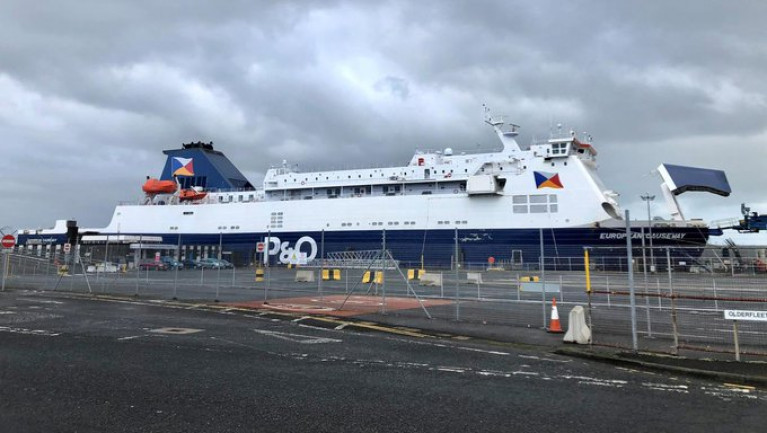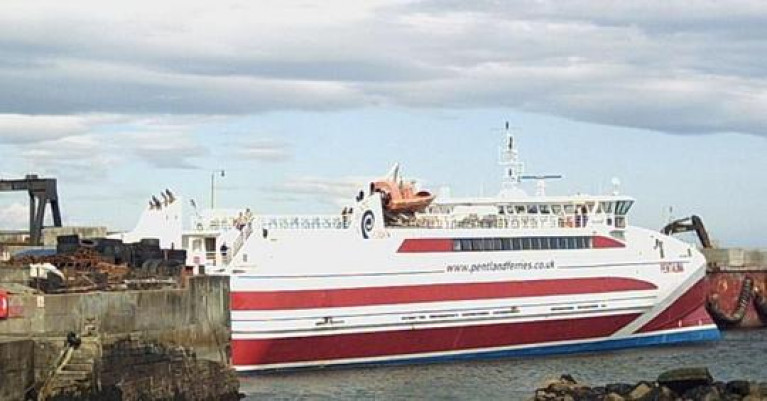Displaying items by tag: Safety Concerns
In the seas of Scotland and the Isle of Man, safety could be “compromised” after lighthouse workers voted for strike action amid a dispute over pay.
Members of the Unite the Union, commonly known as Unite, carried out a ballot with those employed by the Northern Lighthouse Board (NLB) in which 90.6% voted for strikes out of a 85% turnout.
The NLB is the General Lighthouse Authority (GLA) which is responsible for maintaining aids to navigation in Scottish and Manx waters. Such vital duties requires two Northern Lighthouse Vessels (NLV) which are based in Oban on the west coast.
As reported earlier this month, around 30 members of the union, including those working on the NLV's involving able seamen, base assistants, cooks and technicians have launched their support behind the action.
According to Unite, the NLB has offered a 2% rise following a pay freeze last year which the union branded as “insulting”. They described it as a substantial real-terms pay cut over two years.
Unite added that its members working for NLB, provide vital maintenance and operational support for more than the 200 lighthouses, beacons and buoys.
This important work is to ensure that mariners on ships and vessels have safe passage in some .
In addition to the lighthouse tenders, NLV Pharos and NLV Pole Star based in Oban, this is where technical operations are also carried out and in Edinburgh is located the headquarters of the GLA service.
STV News has more details on the pay dispute.
Survival Craft on P&O ferry Among 31 Safety Failure Concerns
According to a new report, there was an inability to safely deploy lifeboats or life rafts on a P&O Ferries vessel that was one of 31 failures discovered.
Inspectors for the Maritime and Coastguard Agency (MCA) found that the “launching arrangements for survival craft” on European Causeway were “not as required”.
The ship has two lifeboats and several life rafts for use in emergencies.
Among other flaws identified by the MCA were an inflatable evacuation slide not properly maintained, inadequate fire prevention systems and crew having a lack of familiarity with radio equipment.
There were also problems with labour conditions, navigation and documentation.
The Paris Memorandum of Understanding (MOU) – an alliance of 27 national maritime authorities, including the UK – listed the 31 safety deficiencies but did not provide further details.
Analysis by the PA news agency revealed more failures were found than in any of the other 46,000 Port State Control inspections of ships within the Paris MOU in the past three years.
P&O Ferries was widely condemned after sacking nearly 800 seafarers without notice on March 17 and replacing them with cheaper agency staff.
The firm suspended most of its sailings, including by European Causeway on the Northern Ireland-Scotland route.
For further reading, the Independent has more.
Scottish Union Officials Welcome Scrapping of CalMac's Charter of Catamaran on Arran Route
Scottish ferries union RMT has welcomed the news that CalMac's chartered catamaran Pentalina has been scrapped after raising safety concerns.
As The Herald (also reported) last week, the Pentalina had been taken out of commercial service after the union called for a safety re-inspection.
The union had raised serious safety concerns with the regulator, the Maritime and Coastguard Agency, over the modifications made to the Pentalina.
RMT General Secretary, Mick Lynch said: “We of course recognise the difficulties caused to people and businesses by the ongoing failure of the Scottish Government’s vessel procurement programme. But bringing an unsafe vessel onto Clyde and Hebrides ferry services is in no one’s interest.
For more on the Ardrossan-Brodick (Arran) route on the Firth of Clyde click here.






























































